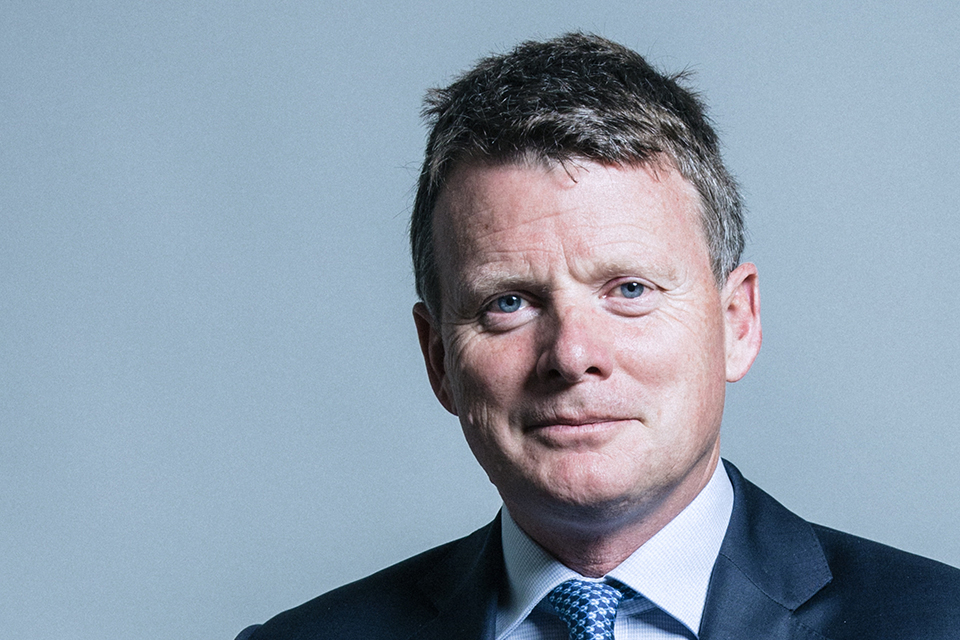Richard Benyon speech at IFAW Parliamentary reception
Thank you John for hosting today’s event and Robbie for your talk and support.

Thank you John for hosting today’s event and Robbie for your talk and support. This is an important issue that has cross-government support.
In 1986 the whale was indeed saved. A moratorium on commercial whaling was introduced. A seminal moment in the world of conservation. A major environmental victory. Job done.
Unfortunately that wasn’t the case. Although as a result of the moratorium the number of whales killed fell dramatically the likes of Norway, Iceland and Japan exploited some legal loopholes and continued to hunt. All three ignoring an internationally agreed moratorium on commercial whaling. Whether it is under the guise of lethal research or just blatant commercial whaling their continued hunting of these magnificent creatures is quite irresponsible.
To make matters worse on the 22nd April this year the IWC looked to legitimise this hunt by proposing a compromise. Searching for some middle ground between those for hunting and those against. A compromise that allows whales to be hunted - but under a strict control of quotas. I have to say this move does fill me with a sense of deja vu. I’m sure we have been here before. Save the Whales - Again.
This move by the IWC - I believe - will unpick the 1986 moratorium. It will scrap the good work that so many people have fought long and hard to achieve. It will heap more pressure on surviving whale populations who are having to combat a changing climate, marine pollution and incidental capture. It calls into question the international community’s commitment to protecting this planet for the future.
But above all this move in effect condones an activity that is inherently, unacceptably and viciously cruel.
An activity that remains highly emotive. Has a high media profile. And remains one of Defra’s biggest post bag issues.
So for us our objectives in the immediate future are these:
We strongly oppose moves to legitimise commercial whaling or introduce any new form of whaling;
We support limited whaling operations by indigenous people for subsistence purposes and for local use only;
We want to ensure that any whaling has a sound scientific basis and is based on the precautionary principle;
We want to ensure that all whaling is for domestic use only and that restrictions on trade in whale products are maintained or strengthened;
We want to look for a reduction in the number of whales taken for non-indigenous purposes from current levels phasing out to zero;
We want to see an end to what is loosely termed “scientific whaling” outside IWC control;
We want to ensure that any additional costs for monitoring, control and enforcement are met by whaling nations;
And above all we oppose the reform proposals if they do not meet the key objectives stated above.
As you can see this issue is of paramount importance to us - Whale are our environmental conscious. Most great whale populations have still not recovered to the levels they were pre-exploitation. They are a permanent unaggressive and intelligent reminder of how mankind can totally devastate a species and hunt it to near extinction - with little regard for its welfare or the environmental consequences.
So our position is clear. And later this month in Morocco at the annual IWC meeting we will spell it out again. The UK Government is for whales not whaling.